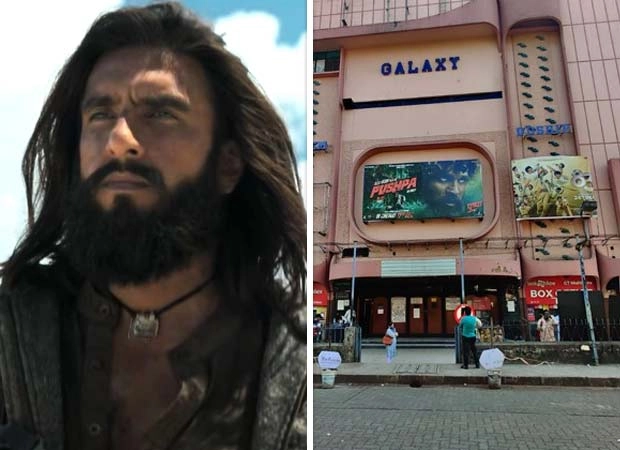The selection of a new pope is a significant and solemn process that captures the attention of millions around the world. While the Oscar-winning movie *Conclave* dramatizes this sacred event, the actual procedure is steeped in tradition and spiritual significance. When a sitting pope passes away or resigns, the College of Cardinals convenes in a conclave, a term derived from the Latin phrase “cum clave,” meaning “with a key.” This gathering occurs in the Sistine Chapel, where the cardinals are sequestered from the outside world to ensure the sanctity and confidentiality of their deliberations.
During the conclave, the cardinals participate in a series of votes to elect the new pope. Voting occurs in rounds, and a two-thirds majority is required for a candidate to be elected. Typically, the cardinals will discuss potential candidates and consider their qualifications, including theological knowledge, leadership experience, and the ability to connect with the global Catholic community. The atmosphere is charged with both reverence and urgency, as the cardinals understand the weight of their decision. Once a candidate receives the necessary votes, they are asked if they accept the papacy. If they do, they choose a papal name, marking the beginning of their leadership in the Catholic Church.
In addition to the voting process, the movie *Conclave* highlights the intense personal and political dynamics at play among the cardinals. Factors such as regional representation, various theological perspectives, and the pressing issues facing the Church often influence the decision-making process. The conclave serves not only as a means of selecting a new pope but also as a reflection of the Church’s current state and future direction. The film captures these complexities, illustrating how the fate of millions rests on the decisions made within the walls of the Sistine Chapel during this pivotal moment in history.
Ultimately, the election of a new pope is not just a procedural event; it is a deeply spiritual experience for those involved and the wider Catholic community. The newly elected pope is seen as a shepherd guiding the Church through contemporary challenges while upholding its traditions. As *Conclave* portrays, the process is not only about the selection of a leader but also about the hope and renewal that a new pontiff brings to the faithful around the globe. The conclave, therefore, is a moment of reflection, prayer, and potential transformation for the Catholic Church, embodying the essence of faith and leadership in a modern world.




